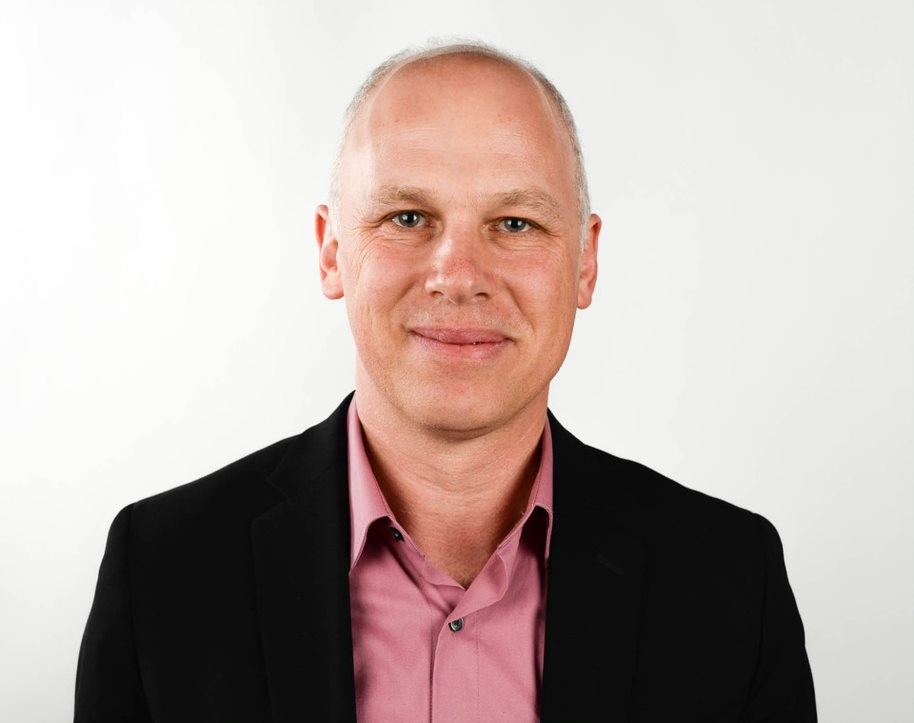
Eric Beckwitt, Co-Founder and CEO, Freightera
Eric Beckwitt is the founder, CEO, chief architect, and system developer of the Freightera platform. His passion is to work at the intersection of multiple disciplines and technologies, bringing people together to solve complex problems and create win-win solutions that are highly efficient, profitable, and sustainable. He is an internationally recognized author and speaker on emissions reduction from freight transport. Eric wrote A Green Future for Freight and Canada’s Opportunity to Lead the Global Greening of Freight in the 2016 and 2018 G7 Summit editions of Climate Change: The New Economy and presented A Green Future for Freight at COP22, the UN Climate Change Conference in Marrakesh. He is the recipient of over 19 grants and awards, including the 2016 Technology Impact Award and 2019 Clean50 Award, along with Vancouver Mayor Gregor Robertson and Canadian Minister of Environment and Climate Change Catherine Mckenna, for his “outstanding contribution to advance the cause of sustainability and clean capitalism in Canada over the past two years.” His work and Freightera have been in Forbes, Fortune, Inc Magazine, and Entrepreneur, among over 300 news sites worldwide.
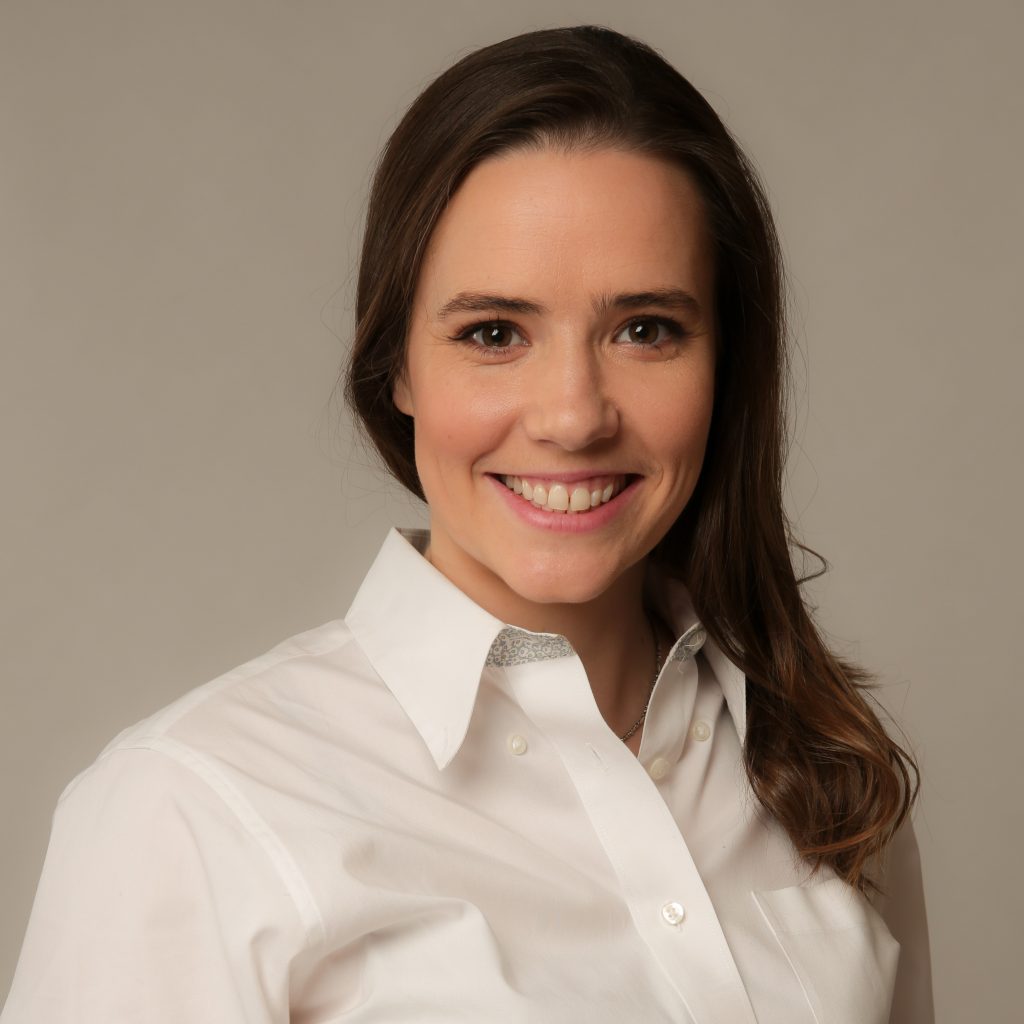
Helen Burdett, Circular Economy Innovation Lead, World Economic Forum
Ms. Helen Burdett leads the World Economic Forum’s work on circular economy. Her portfolio includes Circular Economy for the Net-Zero Industry Transition and Scale360°, which advances innovation ecosystems for environmental and economic impact with scalable, locally-led innovation support delivered through private-public partnerships–all connected through a global digital community. In addition to her academic and research background at Georgetown University, Helen has 10 years of experience in strategy and operations consulting, international development, and software development. Prior to joining the Forum, she was a Director at Globality, a SoftBank-funded scale-up bringing digital transformation and artificial intelligence to the procurement industry.
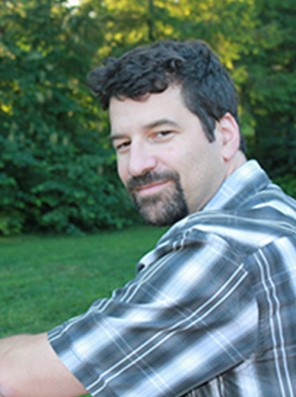
Robert Duff, Sustainable Business Development Director, Office of Economic Development & Competitiveness, Washington State Department of Commerce
Rob received a Bachelor of Science degree in Zoology from the University of Massachusetts in 1986 and a Master of Science degree in toxicology from the University of Washington in1993. Following his thesis work, Rob was employed by the State of New Hampshire with duties involving human health risk assessment, community education, grant writing and development of regulatory standards. After moving back to Washington State in 1996, Rob did similar work for the Washington State Department of Health eventually becoming Director of their Office of Environmental Health Assessments. In 2007, Rob became manager of the Environmental Assessment Program at the Washington State Department of Ecology providing critical environmental monitoring and assessment for agency decision making. From 2014 to 2019, Rob was a senior policy advisor to Governor Jay Inslee. Rob advised the Governor on issues including water resources, water quality, salmon recovery, Hanford Site cleanup and oil spill preparedness. Rob is currently the Sustainable Business Development Director at the Washington State Department of Commerce where he is involved in stimulating markets for recycled materials and connecting businesses to reduce and utilize waste streams.
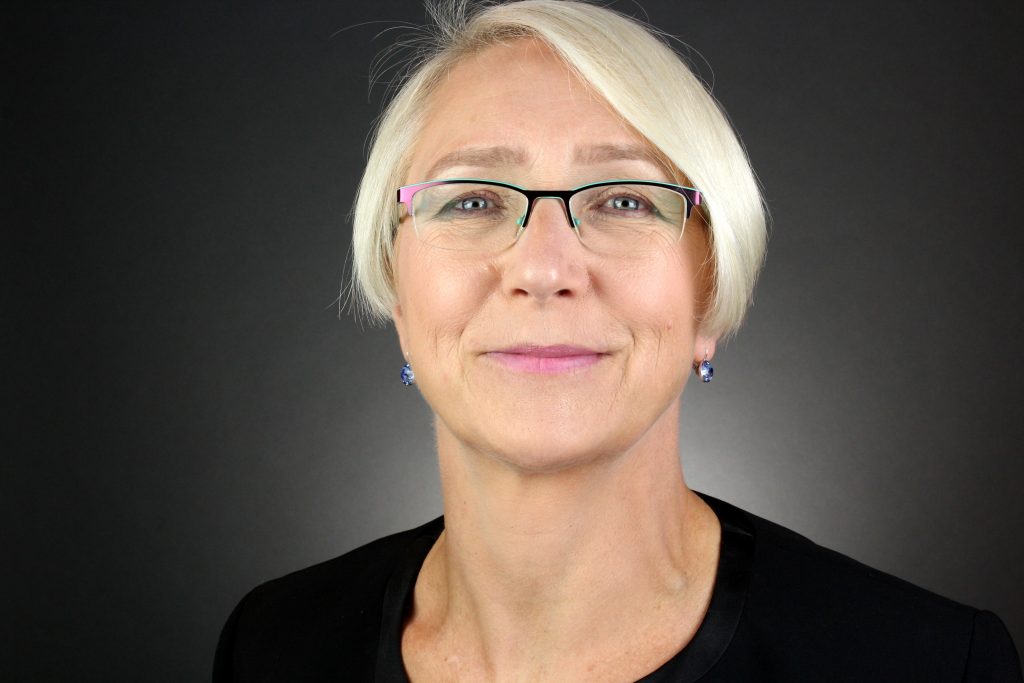
Frances Edmonds, Head of Sustainable Impact, HP Canada
Frances Edmonds is the Head of Sustainable Impact at HP Canada, where she is responsible for business development and oversees Corporate Social Responsibility programs nationally. With a focus on sustainable procurement, Frances is driving meaningful change cross-sector that supports a more circular and sustainable economic future for Canada. With more than 30 years of experience, Frances is recognized as one of Canada’s top sustainability professionals having received two Clean 50 awards and has led HP to became the most sustainable technology company in Canada.
Passionate about driving change through education, Frances has developed and implemented volunteer programs globally for HP. She sits on the board of Learning for a Sustainable Future and serves as a consultant for academic institutions on sustainability strategies. She also sits on the Sustainable Development Advisory Council for the Minister of Environment and Climate Change Canada as well as the Expert Panel on the Circular Economy in Canada as assembled by the Council of Canadian Academies.
As seen on stages including TEDx, Frances is both a guest lecturer and speaker on a wide range of topics including the circular economy. With a degree in Environmental Science from Bradford University (UK) and a post-graduate diploma in Occupational Health and Safety, Frances is also a Canadian Registered Safety Professional (CRSP).
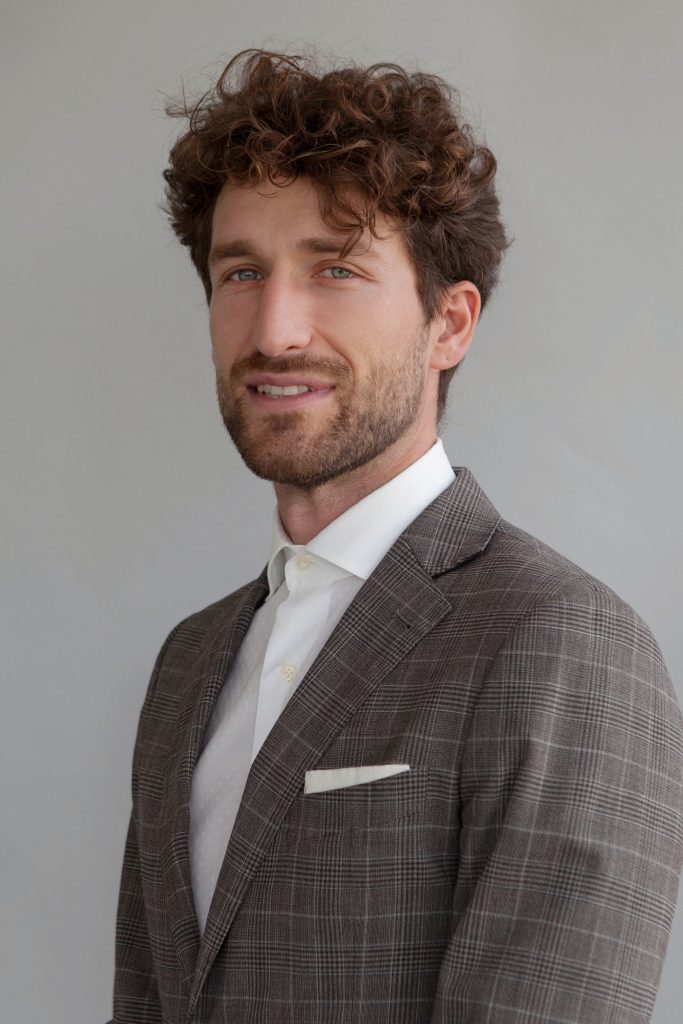
Jury Gualandris, Associate Director of the Building Sustainable Value (BSV) Centre, Ivey School of Business
Jury is an Associate Professor in the Operations Management and Sustainability groups at the Ivey Business School (Western University). Jury serves as the Associate Director of the Building Sustainable Value (BSV) centre at Ivey, with leadership of the Network of Business Sustainability (NBS), a global network of over 35,000 business leaders and researchers that aim to mobilize more sustainable business practice worldwide. In his research, Jury uses operational and organizational lenses and empirical methods to study how social and environmental sustainability can be integrated in supply chains, and the implications for competitiveness. Currently, this research program is expanding into the study of novel cognitive frames, sourcing practices and supply chain structures in a circular economy.
Jury’s research is published in top scientific journals like the Journal of Operations Management and the Journal of Supply Chain Management and have received several awards from leading academic associations. He actively collaborates with industry leaders, federal agencies and innovation platforms to create and transfer knowledge on sustainable supply chains.
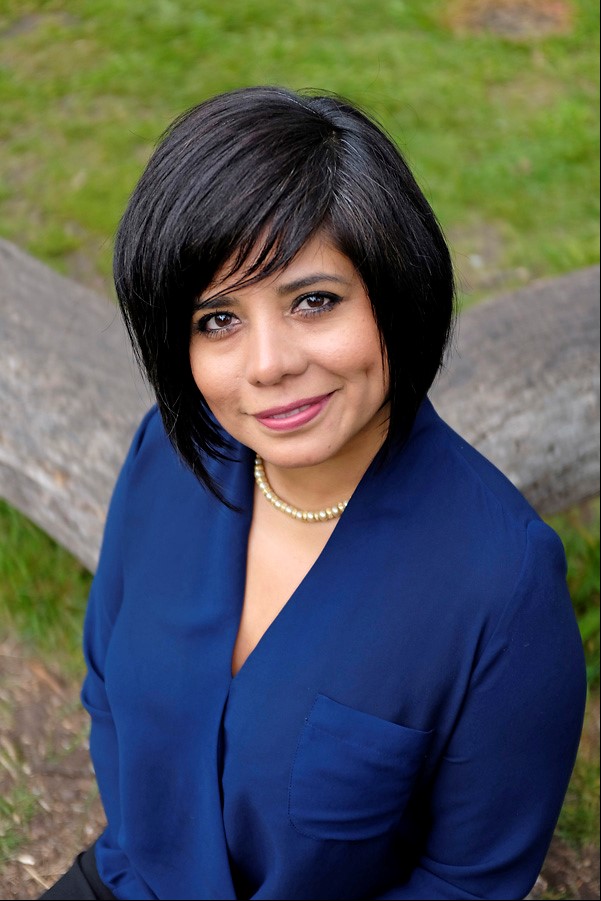
Laura Guzman, Government Affairs & Partnerships, Hydra Energy Canada
Laura has established a 25 year track record in the environmental and technology space. Passionate and skilled in developing collaborative relationships, she has opened up key opportunities for Hydra to advance new partnerships with government and industry. At Hydra, she is responsible for hydrogen policy, government and NGOs relations, as well as key business partnerships including First Canadian Nations.
Laura Guzman has scholarly and professional expertise in international business development, cleantech and climate policy. Her career began in the information and communication technology sector in Latin America. Collaborating with Unisys, MCI, Allen Bradley and General Electric, Laura garnered 17 years of experience in strategizing, selling and managing technology-based projects for business and government clients. She has successfully supported companies identify and penetrate new markets, and overcome commercialization and implementation barriers.
Laura is an accomplished leader in the development and implementation of carbon-pricing policies, and greenhouse-gas emissions reduction programs. During her five years with the British Columbia Government Climate Action Secretariat, she worked closely with industry and the clean-tech sector supporting the development of projects that have reduced carbon emissions, and energy consumption. Her work also included the provision of financial viability to early-stage clean-tech companies.
Laura is passionate about exploring the manner in which technology, policy and market incentives are combined in ways that effectively reduce GHG emissions globally.
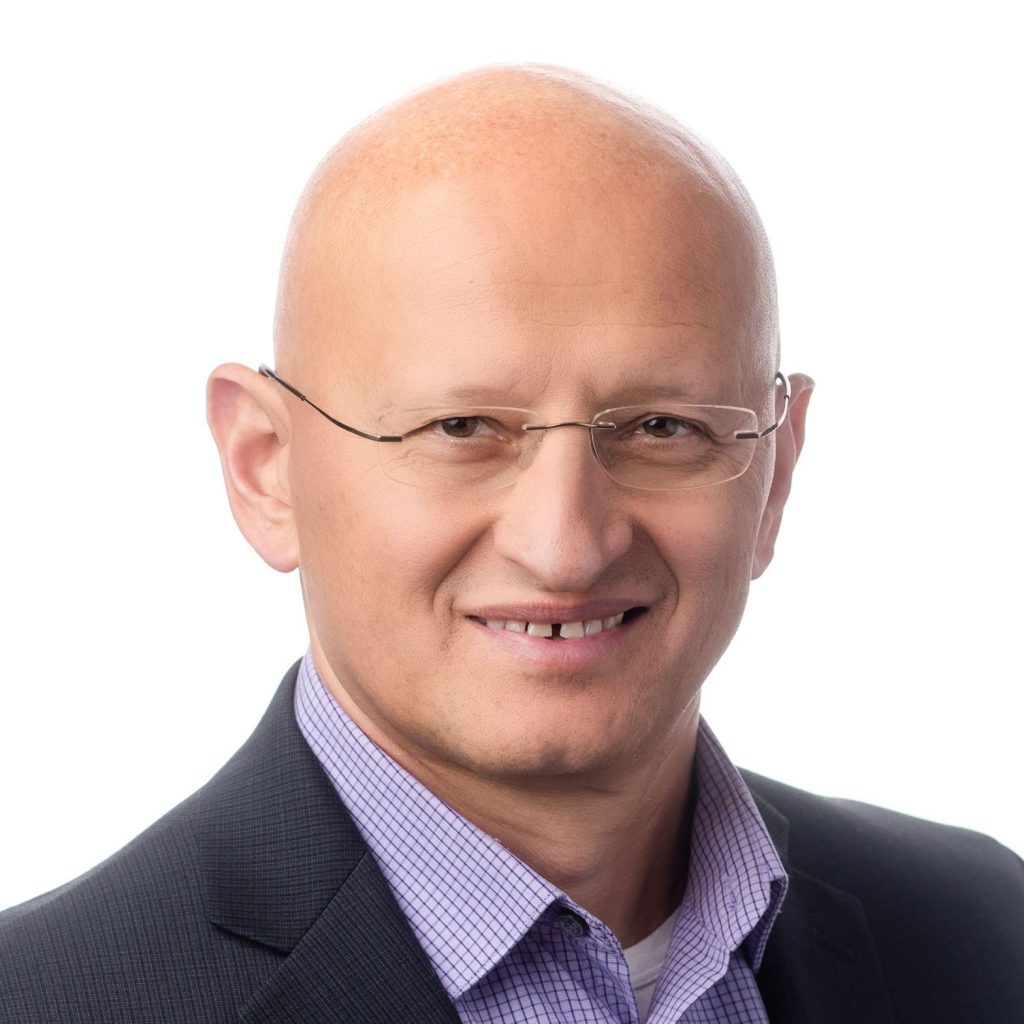
Evgueni Loukipoudis, CTO, Canada’s Digital Technology Supercluster
Evgueni Loukipoudis is the CTO of Canada’s Digital Technology Supercluster. Before joining the Supercluster, he was the CTO of McKesson Medical Imaging and then Change Healthcare and prior to that, as a senior leader in Agfa Healthcare he co-led the digital transformation of that multinational corporation. Evgueni has also been part of technology start-ups and participated in several open industry-wide and global standardization initiatives. He has extensive international experience having worked in Belgium, Germany, Brazil and now Canada. He holds an MSc in Mathematics and a PhD in Computer Science from the University of Sofia, Bulgaria. His interests include digital health, digital twins, distributed ledger technology, data commons, web3 data economy, linked open data, and machine learning.
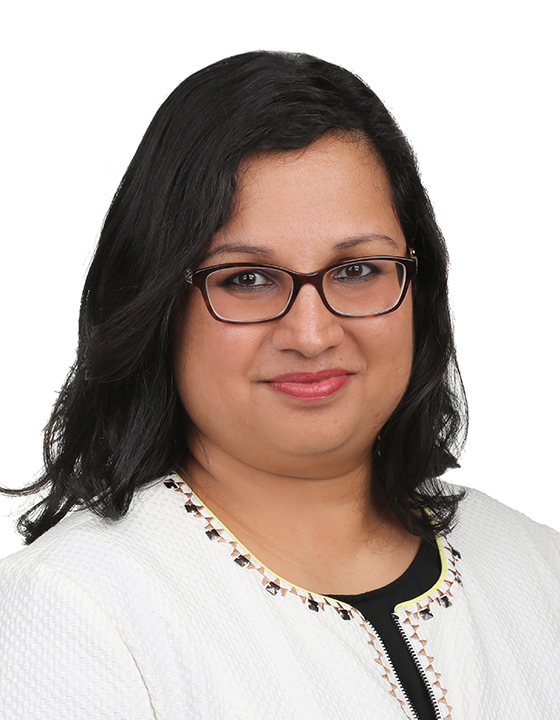
Apala Mukherjee, President, BASF Canada
Apala Mukherjee has been appointed President of BASF Canada effective March 1, 2021. In this role, she chairs BASF Canada Executive Committee and heads BASF Canada’s Leadership team. Apala leads BASF’s Canada’s internal business support groups and oversees Market and Customer Development and Sustainability including the implementation of the company’s global strategies in the country.
Prior to moving to Canada, Apala was Director of Sustainability of Value Chains for BASF Corporation, located in Florham Park, New Jersey, USA. She has held various positions within BASF Group, including Head of Marketing Acrylics and Regional Integration leader for Engineering Plastics, both in Singapore, as well as Global Business Director for Polyolefins Catalysts and Staff to CEO in North America both in New Jersey, USA. Apala started her career in research at National Starch and Chemical and has worked in various disciplines such as marketing, technical service and sales across Europe, Americas and Asia.
Apala has a Bachelor of Science in Biology and Master of Science in Polymer Science both from Carnegie Mellon University, and an MBA from University of Pennsylvania Wharton School of Business.
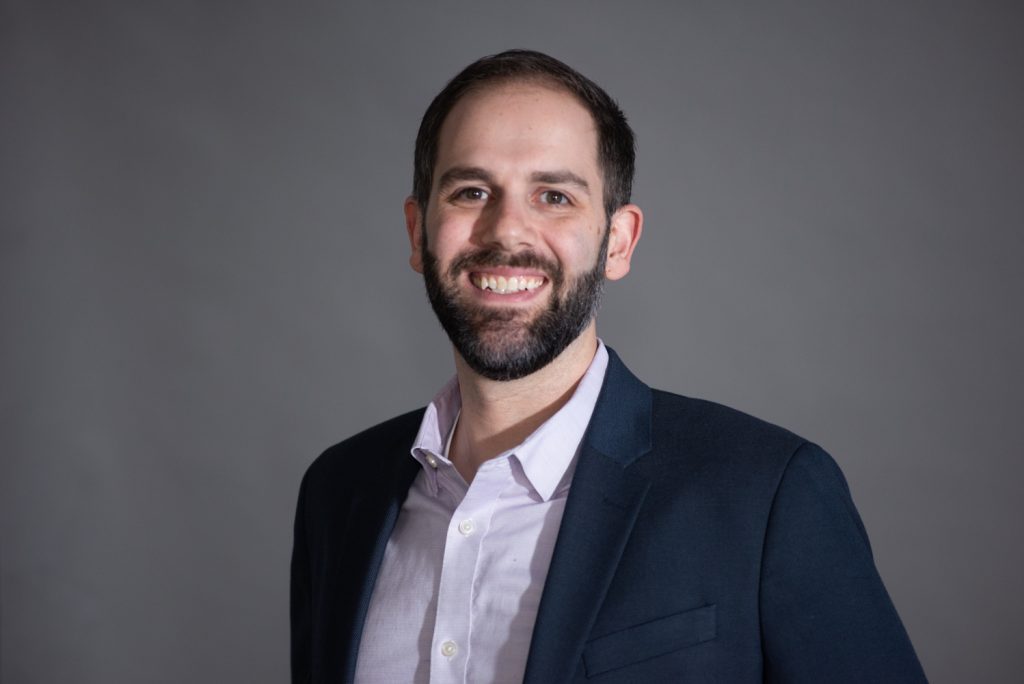
Dan Reid, Director of Environment and Circularity, Responsible Business Alliance
Dan has four years of regulatory experience with the EPA in the Dallas regional office, where he oversaw state level monitoring and registration programs for overly polluted waterbodies under the Clean Water Act. Additionally, he coordinated state run programs for monitoring health risks at public beaches. He joined RBA in 2016 after completing a Masters of Environmental Management at Yale, where he concentrated in corporate resource management and risk. At Yale, Dan worked and interned for several multinational corporations to evaluate the performance and environmental impact of their operations. Dan also has a Bachelors in environmental science from the University of Notre Dame.
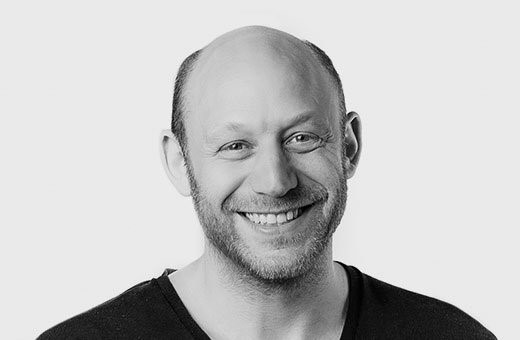
George Roter, Managing Director, Canada Plastics Pact
George Roter is the Managing Director of the Canada Plastic Pact which boasts over 70 members and signatories from businesses, governments, associations and non-profit organizations. He brings his leadership, organizational design and social change skills to establishing and growing this newly formed initiative in Canada.
He began his career co-founding and serving as CEO of Engineers Without Borders Canada, a leading innovation, advocacy and skills development NGO. Under his leadership for 14 years, EWB Canada grew into an organization of thousands of young leaders and engineers in Canada and across Africa. He then took on the challenge of advancing open internet technologies globally as Director of Open Innovation Programs at Mozilla. George is an Ashoka Fellow (2011), was awarded the Young Leaders Award by the Public Policy Forum (2007), named as one of Canada’s Top 40 Under 40 (2005), and was awarded an Action Canada Fellowship (2004) on public policy. He is humbled to have received the Meritorious Service Cross (Civil) in addition to four honorary Doctorate degrees (University of Waterloo, McMaster University, University of Calgary and Queen’s University) along with a Bachelor of Applied Science from the University of Waterloo.
George is the Managing Director of the Canada Plastic Pact which boasts over 70 members and signatories from businesses, governments, associations and non-profit organizations. He brings his leadership, organizational design, and social change skills to establishing and growing this newly formed initiative in Canada.
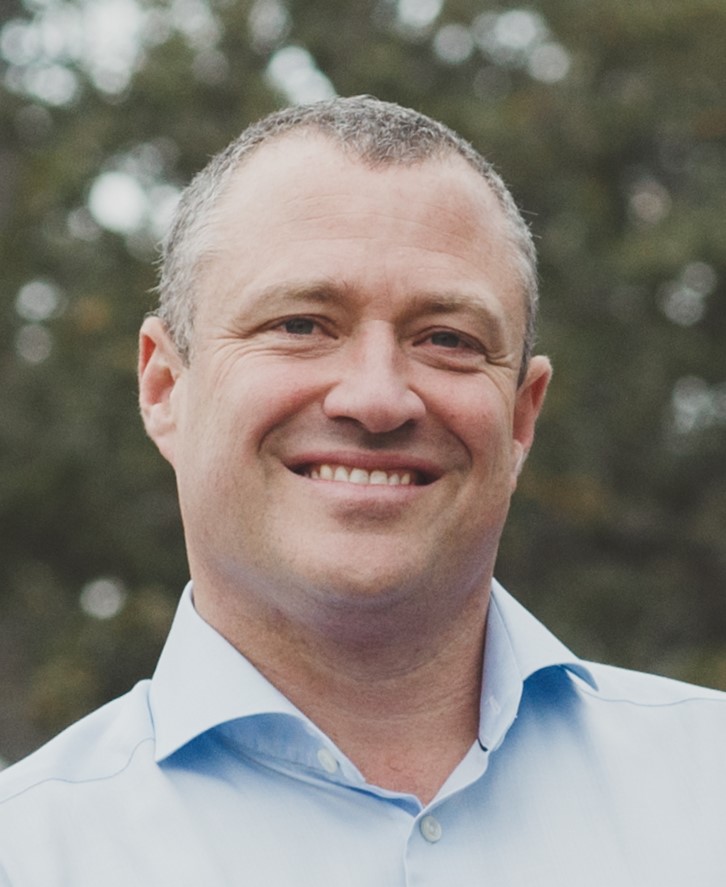
Paul Shorthouse, Managing Director, Circular Economy Leadership Canada
Paul is one of Canada’s leading experts in the emerging circular economy, providing solutions and engaging leaders who are working at the intersection of business innovation, public policy, economic development, and sustainability. For over a decade, this work has placed him at the forefront of the important transition that is underway towards a greener, more prosperous, low-carbon economy. Paul is one of Canada’s leading experts in the emerging circular economy and is the Managing Director of Circular Economy Leadership Canada (CELC), a network of leaders from all industries and sectors who are fostering collaboration, innovation, and knowledge exchange to accelerate the transition to a circular economy in Canada. In this role he is the driving force behind the CELC’s Circular Economy Solution Series and the network’s efforts to amplify leading-edge work already underway in this space, while fostering innovation and synergies among business leaders, policymakers, academics, and other stakeholders to drive meaningful systems change.
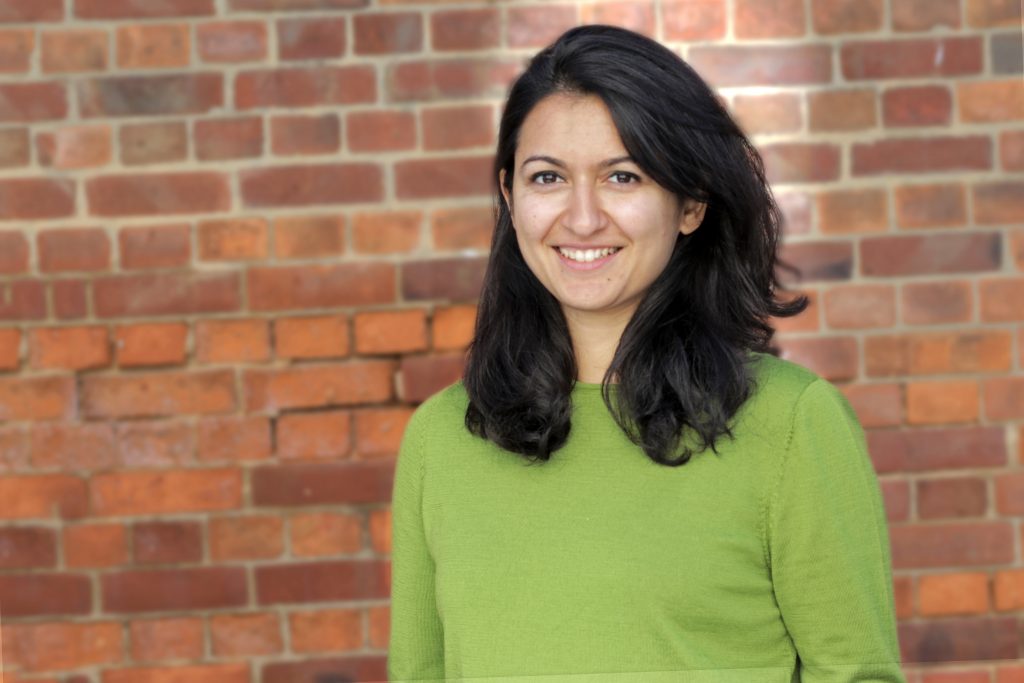
Ashima Sukhdev, Climate Mitigation and Circular Economy Policy Advisor, City of Seattle
Ashima is the Climate Mitigation and Circular Economy Policy Advisor at Seattle Public Utilities (SPU), City of Seattle, driving the development of a strategy for advancing circular economy in the Seattle/King County region. In addition, she is managing SPU’s sustainable energy management program as the utility works towards achieving net zero carbon emissions by 2030. Ashima joined the City of Seattle from the Ellen MacArthur Foundation, a global thought leader on the circular economy. Over her 6+ years at the Ellen MacArthur Foundation, Ashima managed the delivery of its programs in the U.S. and Canada, and led the Foundation’s work on cities globally, engaging local governments in the transition towards a circular economy. She was also seconded to the World Economic Forum to support the development of its circular economy initiative. Prior to joining the Ellen MacArthur Foundation, Ashima worked as a management consultant with Deloitte in New York. Ashima graduated from the University of Pennsylvania with a B.A. in Economics focused on Sustainability & Environmental Management. She has lived and worked across the U.K., India, Singapore, Switzerland, and the U.S.
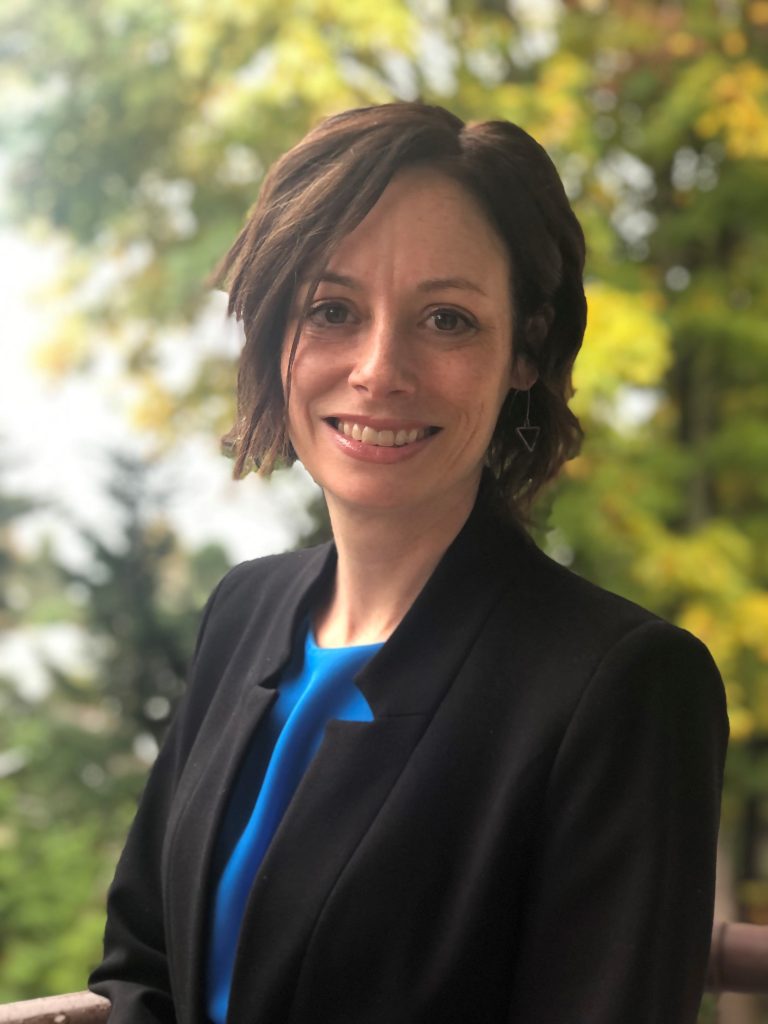
Sonya Sundberg, Executive Director, Environmental Standards Branch, Ministry of Environment and Climate Change Strategy, Province of British Columbia
Sonya Sundberg has spent more than twenty years leading environmental sustainability initiatives in both public and non-profit sector organizations. In her current role as Executive Director, Sonya represents the B.C. Ministry of Environment and Climate Change Strategy leading the Environmental Standards Branch in key initiatives for advancing the circular economy including the Province’s Plastics Action Plan, Extended Producer Responsibility programs under BC’s Recycling Regulation, and several provincial funding programs such as the Plastics Action Fund, Clean Coast Clean Waters and Organics Infrastructure Programs. This is in addition to a wide array of pollution prevention legislation and policies for the protection of human health and the environment including hazardous and industrial waste management, integrated pest management, Provincial air quality and municipal solid and liquid waste management. Prior to joining the Ministry in 2013, Sonya worked for the Islands Trust where she developed and managed their grants program and also enjoyed two years as the Executive Director of the Victoria Compost Education Centre. Before firmly planting her feet in Victoria in 2005, Sonya spent more than five years in the field of international development working primarily in Nicaragua partnering with local organizations on community based food security projects and managing international internship programs.
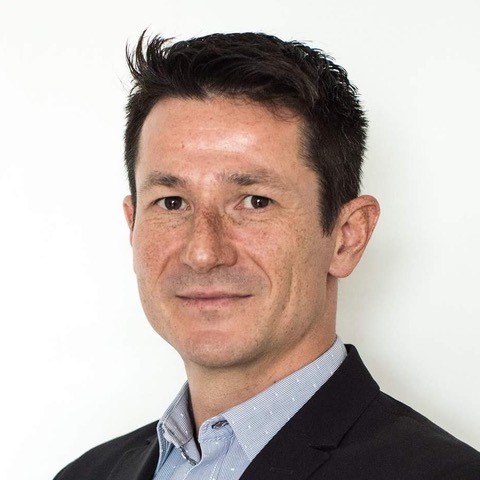
Adrian Tan, Policy & Market Development Manager, King County
Adrian is a policy and market development manager in King County’s Solid Waste Division. He works on strategic planning and policy development to create a circular economy in the region and achieve the County’s vision of Zero Waste of Resources by 2030. King County hopes to achieve this through policy, collaboration and innovation. Currently, Adrian is focused on extended producer responsibility policies for batteries, packaging and paper products in Washington, but also trying to set up local reuse pilots in collaboration with the US Plastics Pact. He is a Co-chair of the Northwest Product Stewardship Council – a coalition of government organizations that work to improve reuse and recycling systems in Washington and Oregon – and part of the e-Stewards Leadership Council that defines and promotes responsible electronics reuse and recycling best practices.
Originally trained as a mechanical engineer, Adrian has worked for several different companies such as LEGO, Novo Nordisk and Nokia designing and developing products. He holds a PhD in sustainable design methodologies from the Technical University of Denmark (DTU), and has performed several studies and advised the European Commission on topics related to ecodesign, eco-innovation and the circular economy. Prior to moving to the Pacific Northwest, he developed and improved circular economy business models for companies such as adidas, Bose, Michelin and Steelcase.
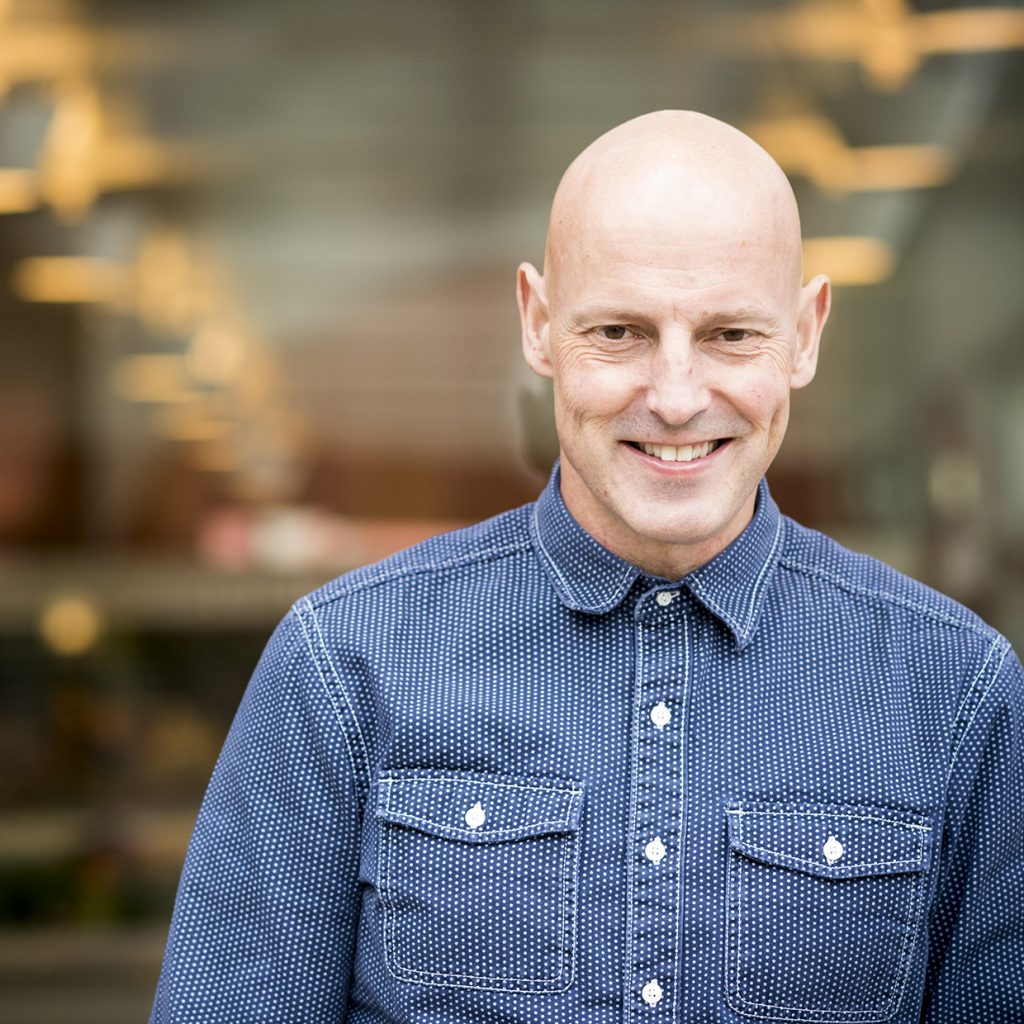
Peter van Stolk, CEO, Fresh Local Solutions Inc
Peter van Stolk is the CEO of Fresh Local Solutions Inc, the parent company of Sustainable Produce Urban Delivery (SPUD.ca) and Food-X Urban Delivery Inc.
SPUD.ca is one of the largest online grocery companies in Canada, employing over 900 people across all its markets by delivering fresh, local, organic produce and groceries. As a certified BCorp, our mission is to use innovation and technology to create a safe, sustainable, and environmentally food ecosystem. SPUD.ca goals are to use local and organic food to improve the places where we live and work. From this vision, SPUD.ca first retail store, Be Fresh Local Market, opened in Vancouver’s Kitsilano neighbourhood in 2015 and serves many Vancouver communities today. In 2017, Blush Lane Organic Market joined the SPUD family to support Edmonton and Calgary across its five locations. Across western Canada, SPUD.ca is a leader in the local and organic food movement.
Food-X Technologies is a SaaS-based eGrocery Management Solution (eGMS) that enables global retailers to access industry-leading technology in online grocery fulfillment, focusing on sustainability through food waste and single-use plastic reduction. Food-X services include designing purpose-built distribution centers and providing proprietary technology that optimizes the online grocery experience at scale. Food-X is part of the SPUD integrated food business eco-system that includes online retail, community retail locations, commissary/food preparation services, and distribution. Through SPUD.ca and Food-X, van Stolk believes that “Food will have the greatest impact on our generation. How we think about food, how we buy food, and how we consume food will change, and we are excited to be a part of this transformation.”
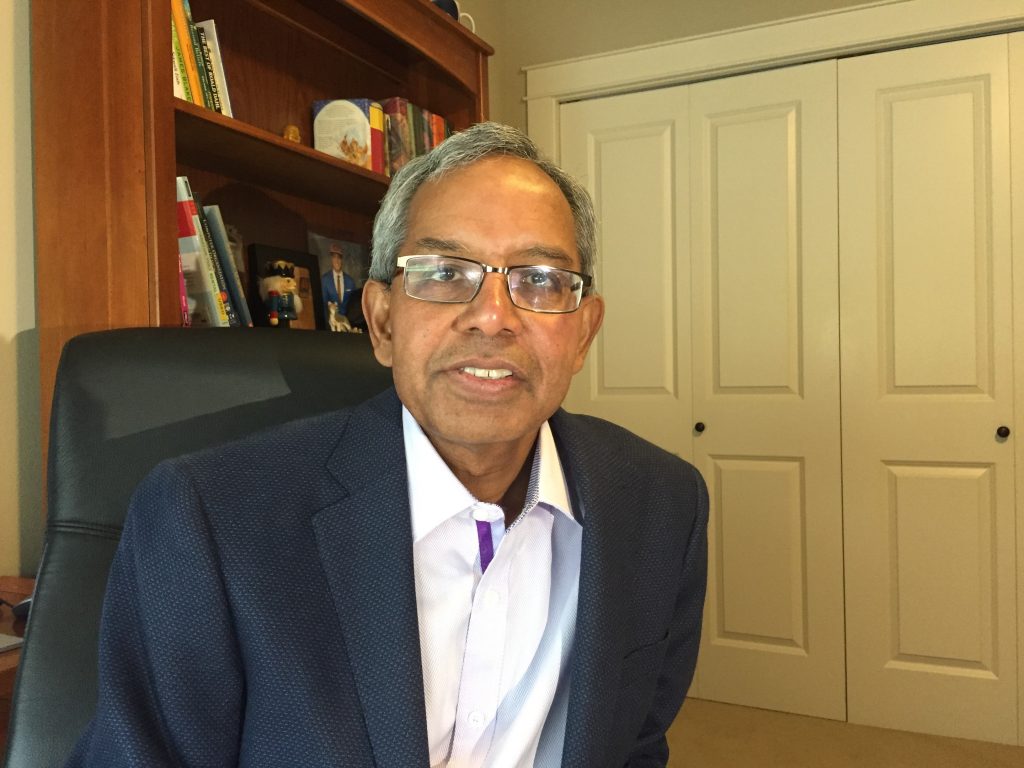
Kesava (Vish) Viswanathan, Director, Circular Center Program, Microsoft
Vish is the Director of Operations for the Cloud Supply Chain Sustainability team at Microsoft and is responsible for startup of Strategic Sustainability programs, including the Circular Center program. Prior to this role he managed deployment of Cloud capacity for Exchange, Azure and other Microsoft Cloud services, and prior to that managed Infrastructure Operations for Office 365 Dedicated. He came to Microsoft from Intel Corp where he has a background in IT Operations and Manufacturing, leading Global Infrastructure Operations and Manufacturing Computing for Intel IT. He has a Masters in Industrial Engineering from Arizona State University.
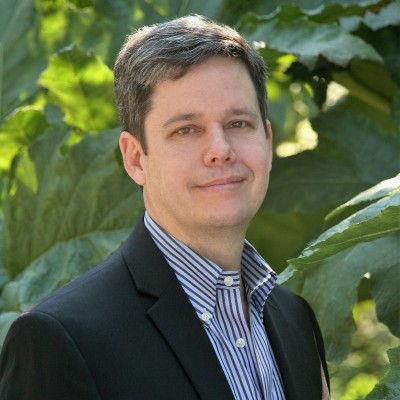
Bill Wescott, Managing Partner, BrainOxygen LLC
Bill has been a leader in innovation, sustainable development, climate change, and the circular economy for over three decades. A lifelong intra- and entrepreneur, Bill has worked with startups, corporations, investors, governments, and NGOs to create sustainable enterprises. In addition to being a leader of three Bay Area startups, Bill was the Vice President, Innovation for Veolia Environnement, where he co-founded and led the Veolia Innovation Accelerator and worked with all of Veolia’s business divisions (water, waste, energy, and transportation) to enhance their services through technological and business innovations. Bill currently serves as a Senior Fellow at the U.S. Council on Competitiveness, a member of the University of Washington (Bothell) advisory board, a member of Princeton’s Advisory Council on Innovation and Entrepreneurship, and an advisor to variety of client organizations through his firm BrainOxygen LLC.
Bill has a Ph.D. in Engineering and Public Policy from Carnegie Mellon and BSE in Chemical Engineering from Princeton. He is an active mentor to entrepreneurs and is the author of a children’s picture book series on climate change.
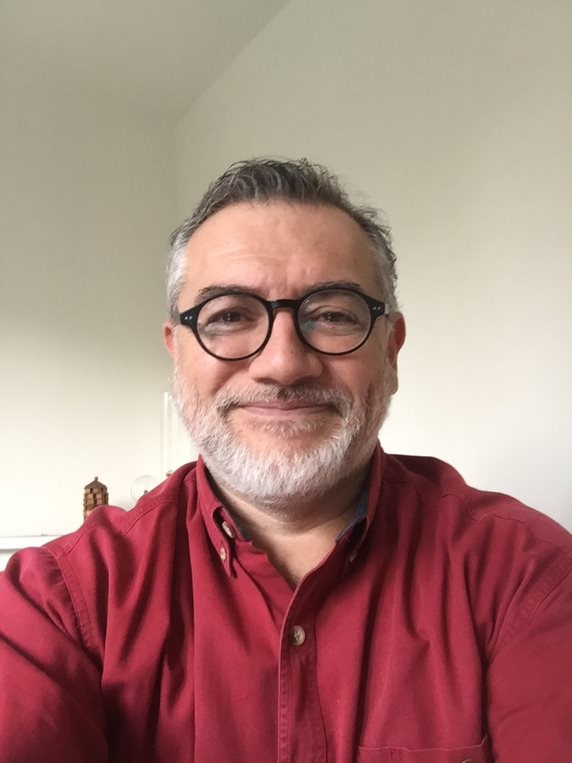
Armando Yáñez Sandoval, Head of Green Growth Unit, Commission for Environmental Cooperation
As Head of the Green Growth Unit of the Commission for Environmental Cooperation (CEC) of North America, Armando is responsible for overseeing the development, planning and implementation of CEC cooperative work program related to green growth, circular economy and sustainable materials management.
He holds a bachelor degree in economics from the Instituto Tecnológico Autónomo de México (ITAM) and a Masters Degree on Environmental Health and Management from Harvard´s School of Public Health.
He has over 25 years of experience on environmental and public policy design, analysis and implementation on issues such as environmental economics, sustainable development, environmental information and indicators, project development and international cooperation and negotiation. Throughout his career he has held positions at ITAM, the Office for Social and Economic Analysis at the Ministry of Social Development of Mexico (SEDESOL), the State of the Environment Division of the Environment Directorate of Organization for Economic Cooperation and Development (OECD), Mexico’s National Institute of Ecology (INE) and the Ministry of Environment and Natural Resources of Mexico (SEMARNAT).